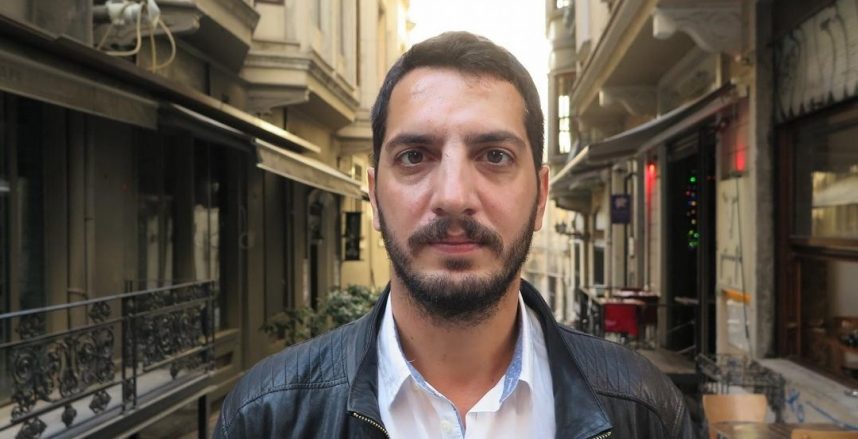
Data protection laws are not used to protect data but to hound journalists, says Veysel Ok, after his MLSA organisation exposed a massive data breach that the government has yet to comment on.
Days after news broke of a major personal data leak in Turkey, the government has yet to comment. Lawyer Veysel Ok, whose Media and Law Studies Association, MLSA, exposed the leak, says the silence speaks volumes.
According to Ok, the personal data of nearly 100 million people – Turks and foreigners alike – who live or once lived in Turkey has been stolen and offered for sale online.
The data comes from e-Devlet [e-Government], the main public administration portal in Turkey and which holds a raft of data concerning the education background, health details, bank credentials and tax status of residents.
“This topic has been on the agenda of the country for four days, but the Interior Ministry hasn’t issued a single statement and we don’t know whether an investigation has been launched,” Ok told BIRN in an interview on Monday.
“If this happened in a European Union country, the minister would have resigned the same day. Unfortunately, the personal and private information of the citizens have now become public information and we still don’t know how that happened.”
Asked whether Turkey’s laws and regulations are up to the task of securing personal data and digital rights, Ok replied: “The current laws and regulations are more than enough but the government uses them to target journalists and not for the real purpose.”
Major defender of journalists

A 39-year-old lawyer and activist, Ok grew up in Diyarbakir in southeastern Turkey, the de-facto cultural capital of Turkey’s oppressed Kurdish population.
Ok said the context in which he grew up led him to become a human rights defender; he moved to Istanbul to study law and began working with rights groups and journalists.
He has spent the past 15 years defending journalists and has his work cut out in a country that under President Recep Tayyip Erdogan has become one of the biggest jailers of journalists in the world.
Ok set up MLSA in 2017 after authorities began rounding up journalists and closing media outlets as part of a crackdown on dissent in the wake of a failed coup in mid-2016.
MLSA is now one of the most prominent defenders of journalists and freedom of speech in Turkey. Ok said that MLSA currently represents some 100 journalists pro bono and provides education and training to lawyers and journalists about their rights and freedoms.
The MLSA project Free Web Turkey, which monitors digital rights and censorship, first brought to the attention of the public the massive hack of the e-Devlet portal.
MLSA immediately shared the news and has filed criminal complaints against those responsible as well as the Interior Ministry, which is ultimately responsible for the security of the data.
Anyone who signs up to the site can view ID numbers, phone numbers and information about family members. More sensitive information – including full home addresses, real estate deeds, driving licences and education details – is available for a fee. Even Erdogan’s own data is on offer, as is that of main opposition leader Kemal Kilicdaroglu, BIRN found when it accessed the site.
The website originally identified is now inactive, but similar sites offering the same data have popped up.
Ok called the leak “very risky and dangerous” for the personal security of the public. “For instance, the addresses of women who are victims of domestic violence can be learnt by male perpetrators via this site, putting at risk these women’s lives and physical security,” he told BIRN.
Laws used to target journalists

Asked about Turkey’s readiness to secure digital rights and personal data, Ok offered the example of Deutsche Welle journalist Bulent Mumay, who this month was handed a suspended sentence of one year and eight months for publishing information about a construction company in defiance of a court order.
Mumay argued he was being punished for not submitting to censorship.
In Turkey, journalists are often targeted by courts. According to a report by the Progressive Journalists’ Association, in 2022 alone at least 174 court cases have been opened against journalists and media organisations and at least 40 journalists have been imprisoned or fined by the courts.
“The current laws and regulations on personal data protection are not effectively used for its original purpose but to target journalists,” Ok said.
“Unfortunately, this data is leaked and now available to everyone. Now we should learn how this data leaked and who is responsible. That’s why we have filed criminal complaints against the perpetrators and the Interior Ministry.”